3, February 2022
Egypt Coach Carlos Queiroz says Eto’o didn’t learn anything when he was in professional football, Urges CAF to show him a red card 0
Cameroon Football Federation president Samuel Eto’o has been accused of sending a “very bad message” with his “war” comments ahead of the AFCON semi-final with Egypt.
Host nation Cameroon will face off with Egypt on Thursday night and the victor will set up a final with Senegal, who booked their spot thanks to a Sadio Mane-inspired 3-1 victory over Burkina Faso.
Mane’s Liverpool teammate Mohamed Salah has also been in fine form and chipped in with a goal and an assist as Egypt overcame Morocco in extra time in the quarter-finals.
Cameroon, meanwhile, made light work of Gambia to reach the semi-finals with a 2-0 victory last Saturday.
After the match, Eto’o delivered a speech to the dressing room in which he could be heard comparing the last-four clash with Egypt to “war”.
The footage was shared on the Facebook page of the Cameroon Football Federation, of which Eto’o was elected president last December.
The former Barcelona, Inter Milan and Chelsea striker won two AFCON titles during his glittering career and many view him as the continent’s greatest ever player.
But Egypt boss Carlos Queiroz is less than impressed by his attempts to fire-up the Cameroon players with what he views as insensitive and inappropriate language.
“It’s a very unfortunate comment, a very bad approach, a very bad message to the people of Cameroon,” Queiroz said, per BBC Sport.
“To make this declaration of war before one game [shows he] didn’t learn anything when he was in professional football.
“Football is not about war. Football is about celebration, it’s about joy, it’s about happiness.”
The tournament is being played against a tragic backdrop after eight people were killed and dozens injured during a stampede ahead of Cameroon’s encounter with Comoros in late January.
The semi-final versus Egypt is the first match to take place at Olembe Stadium since the distressing event unfolded outside the 60,000-seater ground.
“He forgot that people died at the stadium [a few] days ago,” Queiroz said as he continued his response to Eto’o, before urging the Confederation of African Football to show him a “red card”.
“To the war that was proposed by Mr Eto’o – we are going to answer with the best football, the best attitude, the best quality because this what the people expect from us,” Queiroz added.
“This is what the world wants – the Africa Cup of Nations to create honour, dignity – it cannot be a war – give me a break.”
Source: The Mirror
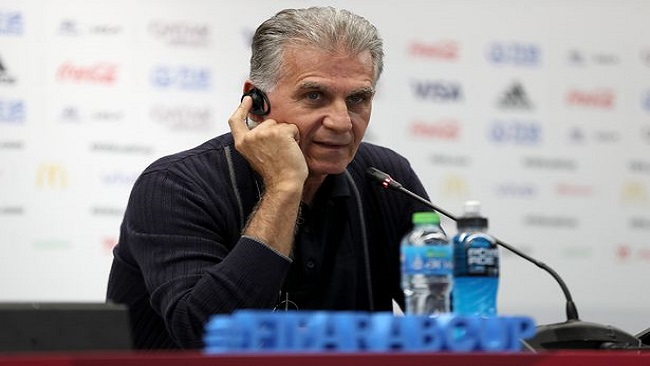
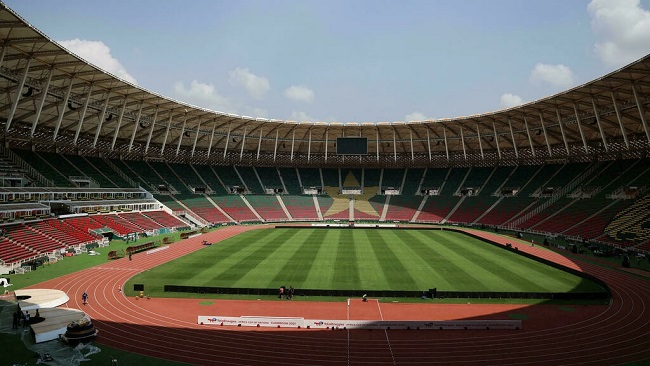
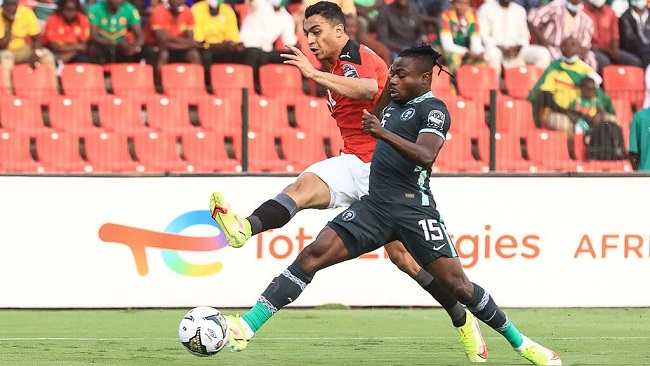
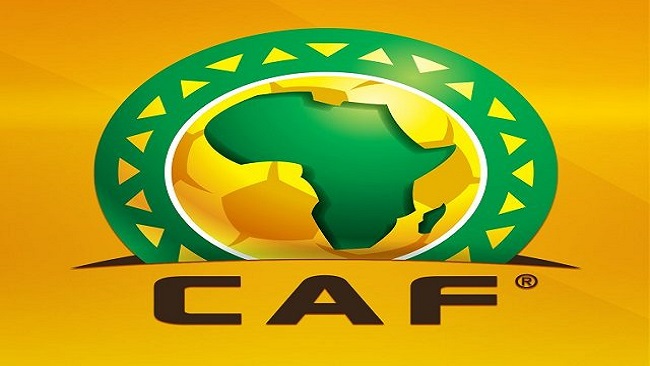
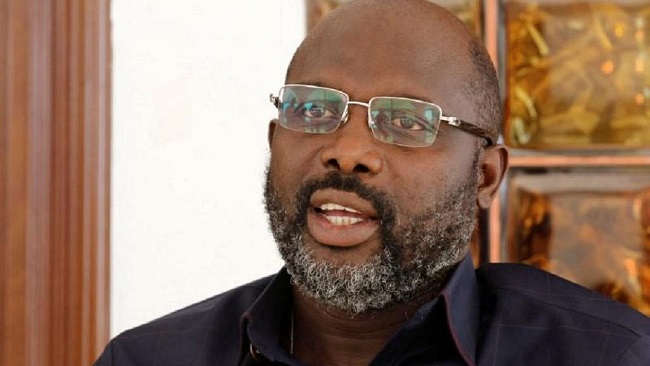

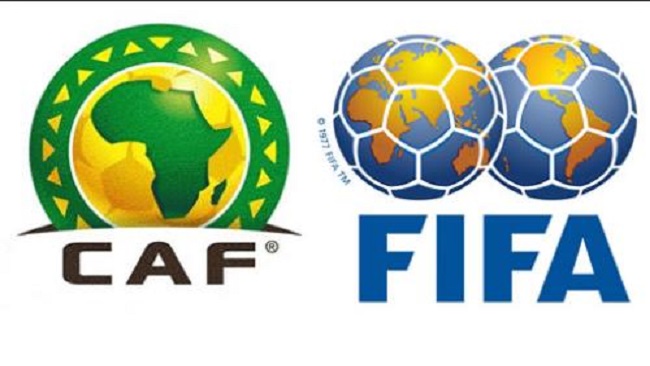
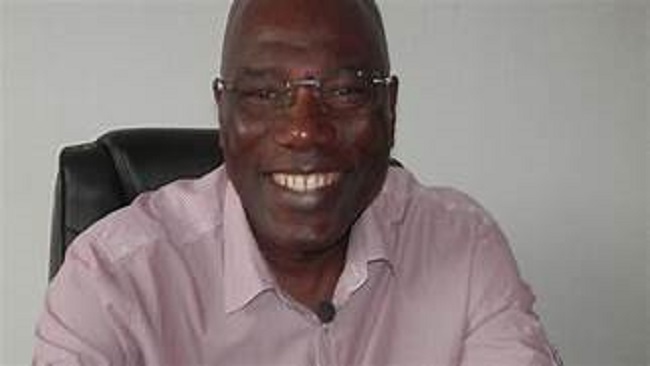
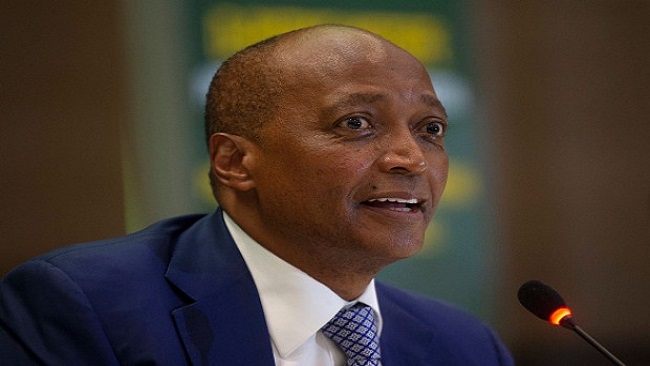


















4, February 2022
Enfin: Senegal take on Egypt in hotly anticipated final 0
After coming into their own in the knockouts, Senegal are tipped to win their first ever Africa Cup of Nations on Sunday, as they take on Egypt, starring Liverpool’s Mo Salah, the greatest African player of the contemporary game.
It will be a clash of two Liverpool titans as Senegal’s talisman Sadio Mané takes on Egypt’s talisman Salah. Senegal are hungry to fulfil their longstanding promise and finally win the Africa Cup of Nations – while Salah is hungry to take a trophy with his national team after Premier League and Champions League triumphs with his club.
It is easy to see why the Teranga Lions went into the tournament as favourites. Mané provides lacerating pace, dazzling creativity and clinical finishing skills. They have arguably the best shot-stopper playing today in the shape of Chelsea goalkeeper Édouard Mendy. Napoli’s rock-solid defensive linchpin Kalidou Koulibaly and PSG box-to-box midfielder Idrissa Gueye – Senegal’s two world-class stars – have the field between the goalposts and upfront covered.
An Africa Cup of Nations victory for Senegal has seemed like a matter of time, ever since they enraptured football fans the world over in the 2002 World Cup, humiliating champions France – the magnificent Bleus of Thierry Henry and Patrick Vieira – with a stunning victory.
The air of inevitability faded at this year’s tournament as Senegal won their group stage in desultory fashion. Their opening match was a drab affair against minnows Zimbabwe, which saw them prevail thanks to a penalty of doubtful merit in the seventh minute of extra time. Perhaps the low point was a flaccid 0-0 draw against Malawi, where the likes of Mané played like much less talented players, fluffing passes and moving sluggishly.
But rather like the victorious Bleus in the 2018 World Cup, Senegal burst into life in the knockouts. The Teranga Lions started to roar with a decisive quarterfinal victory, slaying the tournament’s giant-killers Equatorial Guinea.
They stepped up a gear in the semifinals against a tenacious, well-disciplined Burkina Faso. The floodgates opened some 20 minutes into the second half. Abdou Diallo scored from close range after Koulibaly reached a corner with an amazing bicycle-kick pass. Six minutes later a majestic Mané run handed a goal to Bamba Dieng.
Burkina Faso rattled Senegal when Blati Touré knocked a cross into the back of the net. But they showed the pertinacity that makes champions, soon reimposing themselves when Mané surged to meet a penetrating pass, went one-on-one with the keeper and coolly lobbed it into the back of the net.
This sparkling form will make the Teranga Lions tough opponents for the Pharaohs. But Egypt, too, have shown the resoluteness required of champions – albeit in more prosaic form. They have prevailed in three consecutive matches that went into extra time, first defeating the formidable Ivory Coast team that had just humiliated title-holders Algeria.
Egypt were the underdogs in the semifinals against hosts Cameroon, whom many tipped to win the competition amid the rampant goalscoring form of strikers Vincent Aboubakar and Karl Toko-Ekambi. But they fought back after Cameroon dominated the first half – forcing the game into extra time and then penalties. Egypt were cool, calm and collected at the spot kick, and so was Gabaski between the goalposts. They kept their nerve when Cameroon faltered to send the hosts packing.
While their victory over Cameroon exemplified Egypt’s cool determination, the Pharaohs’ victory over Morocco exhibited another prime reason why they could take the trophy: Mo Salah. Despite the presence of some highly competent players – the likes of striker David Trezeguet and right-back Omar Kamal – Egypt frankly lack the star talent Senegal have scattered around their lineup. But so far they have more than made up for it with Salah’s presence.
In the Morocco match everything rested on Salah. First he bashed in a ruthlessly opportunistic goal from close range as the ball bounced towards the six-yard line. Then the Liverpool icon created the winner with a glittering dash down the right – the stuff of defenders’ nightmares – to tee up Trezeguet for an easy finish.
For his part, Salah is determined to go back to his club with an Africa Cup of Nations winners’ medal. Ahead of the tournament he told journalists: “I can assure you that it is the trophy that I want to win most. I work to win it and that is the story with all the Egyptian players present here.”
But Salah will have to battle it out with his Liverpool strike partner Mané. As their club manager Jurgen Klopp pointed out in a press conference: “Now it’s obviously not so easy because one will definitely be really happy after and the other one much less so, but both have a good chance to achieve something really big.”
Culled from France 24